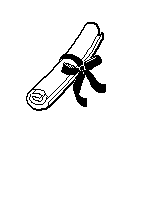


Apple Computer, Inc. | Microcomputer Managers Association |
Banyan Systems, Inc. | Micrografx, Inc. |
Brightwork Development, Inc. | Microsoft, Inc. |
Compuserve, Inc. | Netware Masters Group |
Digital Equipment Corporation | Novell, Inc. |
Funk Software, Inc. | Open Software Foundation |
Gradient Technologies, Inc. | Sassafras Software |
Hewlett-Packard Company | Software Publishers Association |
Highland Software, Inc. | Symantec, Inc. |
InterWorks Software, Inc. | Tangram Systems, Inc. |
International Business Machines | WordPerfect, Inc. |
Lotus Development Corporation | Xtree, Inc. |